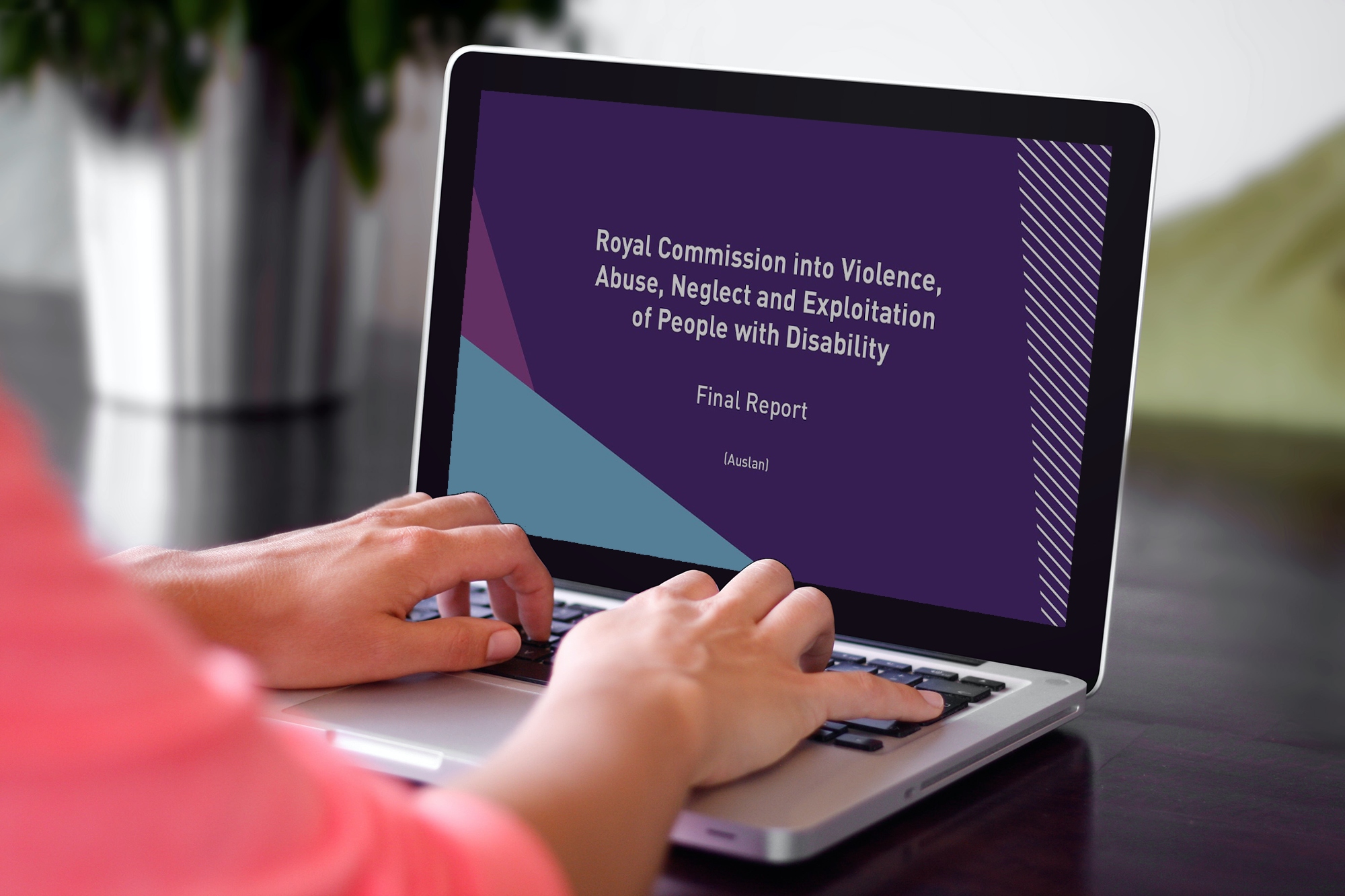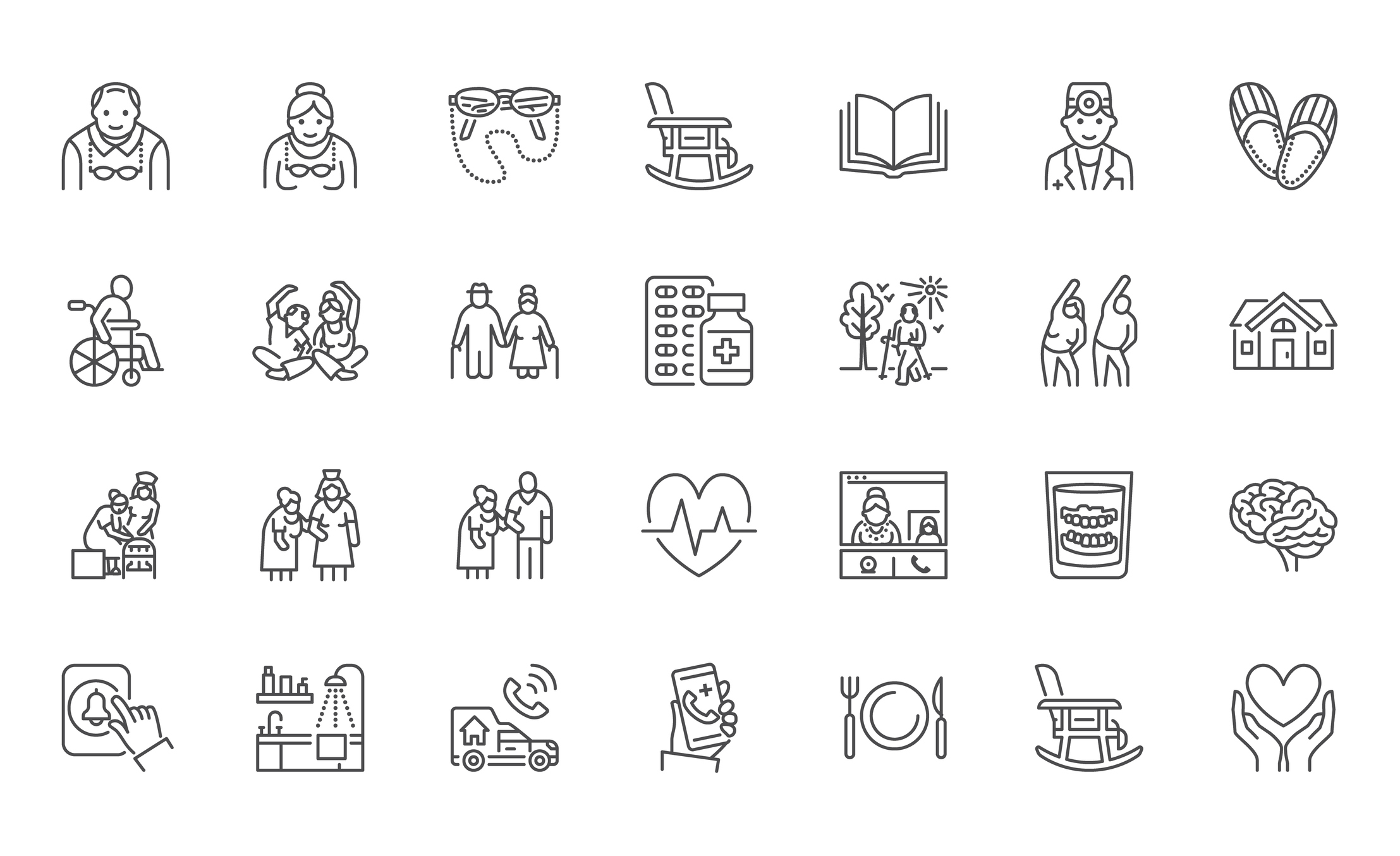The Aged Care Quality and Safety Commission’s (the Commission) Serious Incident Response Scheme (SIRS) for government-funded Residential Aged Care Providers is set to commence in April 2021. The new SIRS aims to further safeguard aged care consumers from abuse and neglect by empowering consumers, and by ensuring that providers follow the incident response procedures specified in the scheme.
The SIRS brings the requirements of incident reporting in aged care into alignment with those of the NDIS. For providers of both aged care and NDIS services, and providers familiar with the NDIS requirements, the new scheme will not present new compliance concepts.
The SIRS will fit in alongside several other residential aged care compliance requirements. Under the Charter of Aged Care Rights, consumers have a right to live without abuse and neglect. Likewise, under the Aged Care Quality Standards, providers are required to uphold this consumer right by identifying and responding to abuse and neglect. Additionally, the scheme will uphold the principles and requirements of open disclosure.
The SIRS is made up of two key components, being incident management obligations and compulsory reporting obligations.
The incident management component consists of identifying, responding to, managing, and recording incidents, as well as improving to prevent similar future occurrences.
The compulsory reporting obligations require providers to submit reports to the Commission within specific timeframes, depending on the severity of the incident.
Defining incidents under the SIRS
It will be essential for workers to understand which occurrences constitute an incident, as well as the category of the incident (ie “Priority 1” or “Priority 2”) and the appropriate procedures that must be followed when an incident occurs.
The Commission’s documentation includes detailed explanations of the various categories of incidents, which are certain “alleged, suspected or actual occurrences … where the person affected by the incident is a consumer in residential aged care”.
The types of incidents as defined by the SIRS are:
- unreasonable use of force;
- unlawful or inappropriate sexual contact;
- psychological or emotional abuse;
- unexpected death;
- stealing or financial coercion by a staff member;
- neglect;
- inappropriate physical or chemical restraint; and
- unexplained absence from care.
It is important to note that providers must assess the degree of impact on, or harm to, the consumer for each incident. If there is a higher level of impact on or harm to the consumer, then the incident must be categorised as a Priority 1 incident.
Unexpected deaths and unexplained absences will always be categorised as Priority 1 incidents.
Supporting affected individuals
One of the requirements under the new scheme will be to support aged care consumers affected by an incident. The central component of this requirement is clear, ongoing communication between the provider and affected consumers, in line with the principles of open disclosure. Affected consumers may also require trauma or counselling services, and the provider is expected to help consumers access these services.
Incident reporting to the Commission
The SIRS outlines timeframes within which providers must report alleged, suspected or actual Priority 1 and Priority 2 incidents to the Commission.
Timeframe for reporting Priority 1 incidents
Priority 1 incidents have the highest priority, with the Commission requiring an initial report within 24 hours. Additionally, a follow-up incident status report is required within 5 business days of a Priority incident occurring.
Timeframe for reporting Priority 2 incidents
On the other hand, Priority 2 incidents must be reported to the Commission within 30 days.
In some cases, the Commission will require providers to submit a final report detailing the findings from incident investigations and, where relevant, how an incident was resolved. If required by the Commission, the final report will be due within 60 days of the incident occurring.
SIRS record keeping requirements
The SIRS will bring only minor changes to the current record-keeping requirements related to incidents. Providers will need to continue recording the details of each incident which occurs, regardless of whether the incident was determined to be trivial or have negligible impact. The SIRS adds another record keeping requirement: the category of incident will need to be recorded and, in the case of Priority 1 or 2 incidents, whether the incident has been reported to the Commission.
Quality and Safety
One of the central goals of the scheme is to “drive learning and improvement at a system and service level to reduce the number of preventable serious incidents in the future”. The SIRS will encourage organisations to use the quantitative and qualitative data collected from their incident management recording processes to refine their procedures, minimise the likelihood of incidents re-occurring, and to improve the overall quality and safety of the care they deliver.
Further reading
We have several resources to help providers identify, assess, investigate, manage, record and resolve incidents in line with the new scheme. Our resources are intended to complement one another, and have been updated to take into account the requirements of the SIRS.
Our aged care incident management resource templates include:
- Policy: Incident Management Procedures (Aged Care SIRS)
- Template: Incident Investigation Template (Aged Care SIRS)
- Template: Incident Register (Aged Care SIRS)
- Template: Incident Report Template (Aged Care SIRS)
To access these resources, and hundreds more, log in to SPP.
Help with aged care incidents
Need help with the new SIRS? Sign up for SPP!


